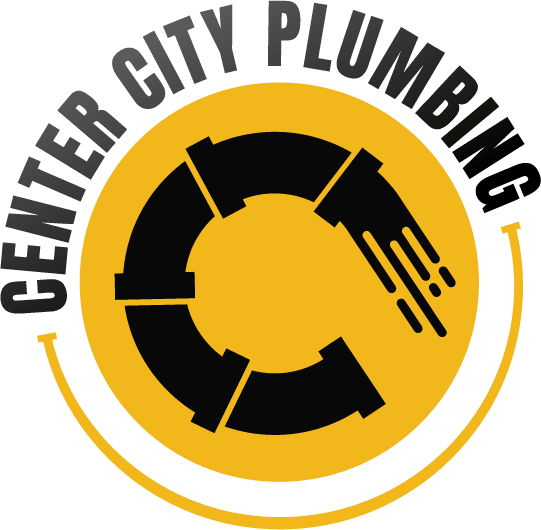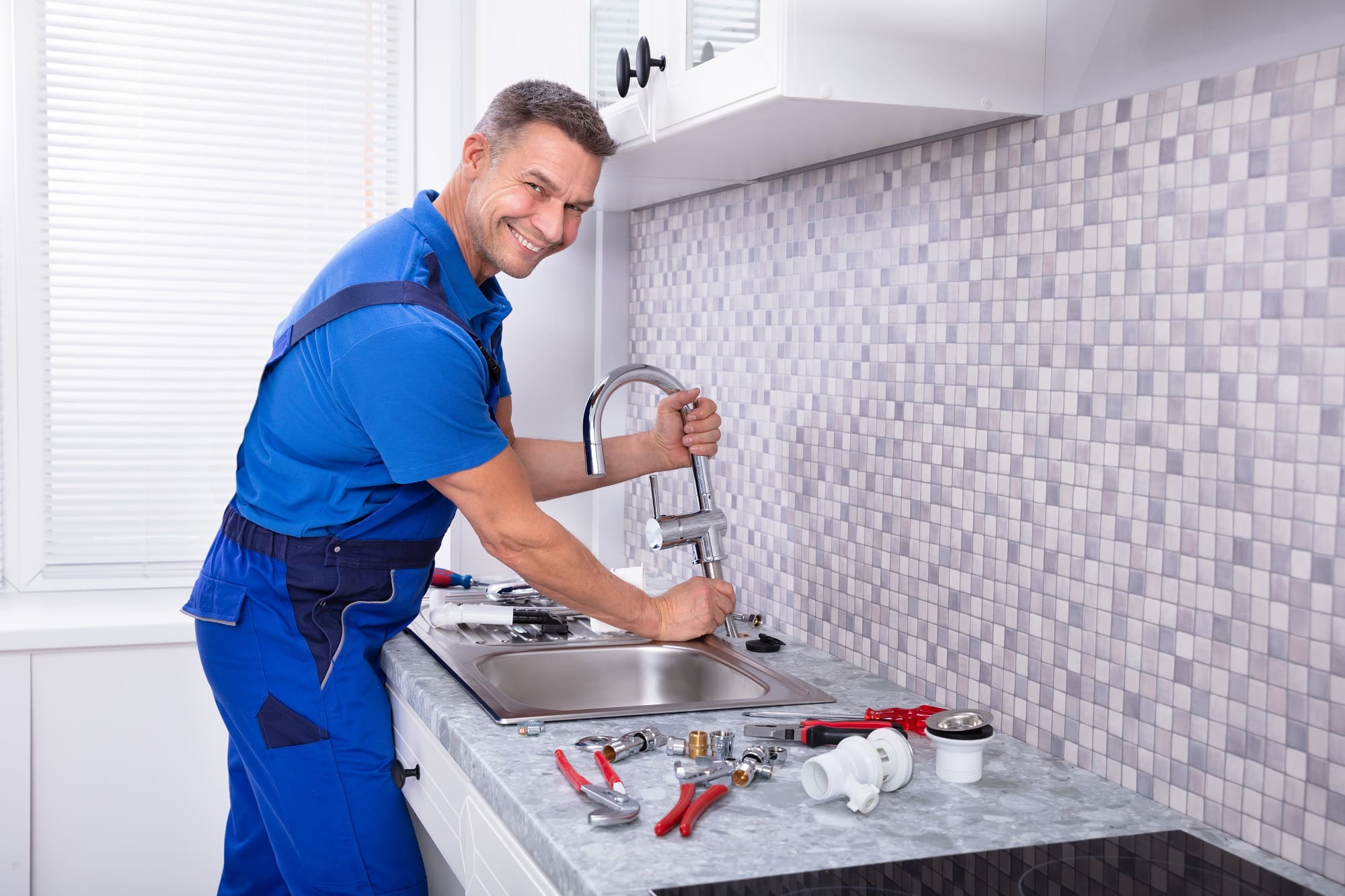Hard water build-up, limescale, calcification, whatever you want to call it, is very inconvenient to deal with and ugly looking, when it comes to your plumbing.
If you’re looking to improve the quality and feel of your water, you need a plumber with the experience in providing hard water treatment solutions in Philly.
A Center City Plumbing, our line-up of plumbing services also caters to water softening and conditioning solutions, for both home and business needs.
Whether you need advice, repairs, maintenance, or a new system installed, we can help, including after-hours plumbing emergency situations.






